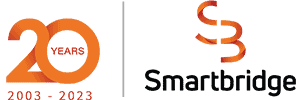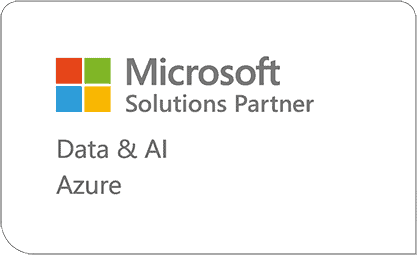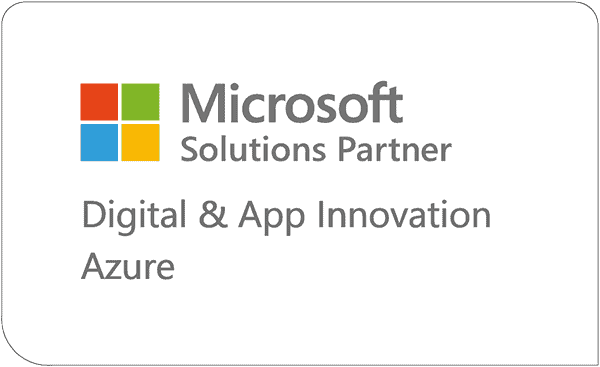Azure IoT Central vs Azure IoT Hub: Which Microsoft Azure Platform is Right for You?
When selecting the right platform, consider the data you need to collect, the volume of data you plan to collect, and the granularity control of your solution. A Smartbridge consultant breaks down the differences and benefits between Microsoft Azure’s IoT Central vs IoT Hub.
When you are building a connected device, the backend is often one of the trickiest parts to get right. There are so many different services, protocols, and API calls that it can be hard to know where to even begin. Thankfully, there are platforms like Microsoft Azure that have made things much simpler for developers.
With Azure IoT Central and Azure IoT Hub, you can build an end-to-end solution for your connected devices in no time at all. Both services offer plenty of benefits for IoT developers, but they also have their own unique set of features that set them apart from one another.
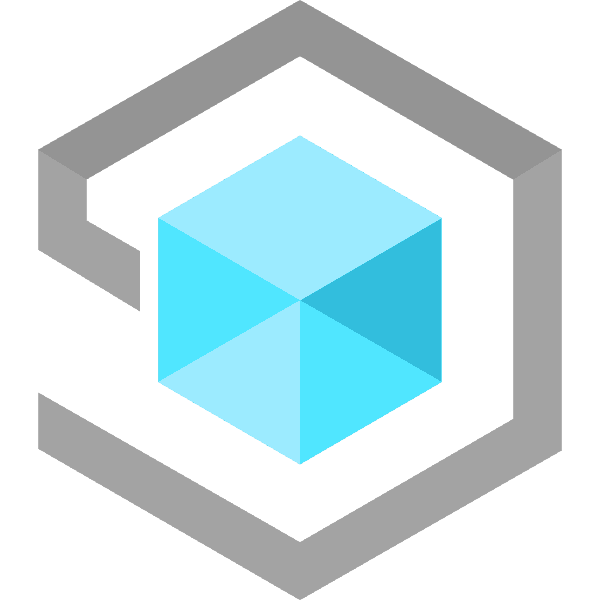
Azure IoT Central
Vs.
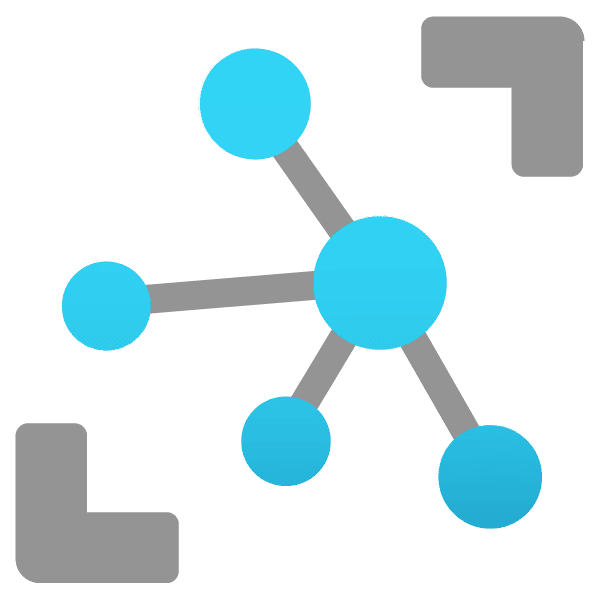
Azure IoT Hub
First Up, Microsoft Azure IoT Central
First up is Azure IoT Central. IoT Central is a SaaS (Software as a Service) that acts as a hub to centralize all of your device data. IoT Central does IoT Hub under the hood, however, it’s just more abstracted away from the user since it is a SaaS.
You can use the web dashboard to monitor and visualize your device data, create custom alerts, and set up data-driven workflows using the workflow engine. You can also create custom apps for your devices using the dashboard. This can help you simplify and speed up the development process for your connected devices by providing you with an SDK and drag-and-drop widgets. Lastly, there is also a dedicated pricing plan for hosting data on the service. This is ideal for any customers who want to quickly get up and running with minimal effort and cost.

Image courtesy of Microsoft
Microsoft Azure IoT Hub
Next up is Azure IoT Hub. IoT Hub is a PaaS (Platform as a Service). This service is designed to act as the communication hub where all your devices can connect and send data back to your centralized data hub. You can use the hub to create custom device SDKs that can connect to your device or use the pre-built device SDKs. These are available in any language and are also compatible with a wide range of devices.
The IoT Hub also features built-in hybrid connectivity, allowing you to build your devices to handle connection changes and build failovers into your products from the start. Any data that your devices are collecting can be sent to your central data hub using the built-in protocol or by using the web API. This allows your devices to share data with one another, create new insights, and make your data more actionable.
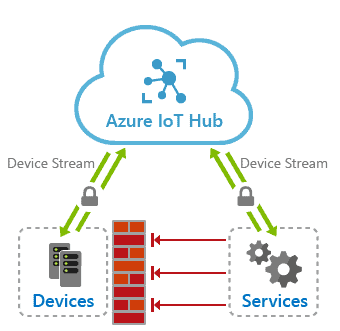
IoT Central vs IoT Hub
Key Differences
As I have mentioned, these two services are very similar but a few significant differences are the key to determining what’s best for you.
IoT Central is a platform where you can centralize all your device data. It also allows you to set up data-driven workflows and create custom apps for your devices.
Meanwhile, IoT Hub acts as the communication hub where all your devices can connect and send data back to your central data hub.
Pricing Differences
| IoT Hub Pricing | IoT Central Pricing |
|---|---|
|
|
|
|
Which Microsoft Azure Platform is Right for You?
So, with all of this information at hand, how do you decide which service is right for you? Here are a few things to keep in mind when choosing between these two platforms:
Data Volume
If you plan on collecting a lot of data from a large number of devices, IoT Hub is the better choice. However, if you only have a few devices and do not need to store too much data, IoT Central would be a better option.
IoT Hub For lots of devices
IoT Central For simplicity
Ease of Use
If you are new to the world of IoT and are trying to find a simple solution that can help you get started with collecting data, IoT Central may be a better choice. IoT Hub, on the other hand, is a better fit for those who want to collect data from a wide range of devices and have more control over the system.
Device Preference
Now that we have explored the differences between these two platforms and have considered the factors when choosing one over the other, let us talk about which service is a better fit for your particular device.
IoT Central is a good choice for getting your solution started. The ease of use and abstraction from infrastructure will help you focus on business requirements instead of dealing with infrastructure. With increasing support from Microsoft, IoT Central will even be more versatile and flexible to fit your IoT solution need.

IoT Hub is a great selection for collecting data from a wide range of devices. If you are looking to collect data from a variety of different sensors, Hub could be a good choice. Hub gives you the ability to create your own solution with much finer granularity, but with additional overhead and burden of managing the solution yourself.

As you can see, Azure IoT Central and Azure IoT Hub are both incredible platforms. They both offer a wide range of features that can help you build an end-to-end solution for your connected devices.
With Central, you can use the web dashboard to create custom apps for your devices, set up data-driven workflows, and centralize all your device data.
With Hub, you can use the web dashboard to create custom device SDKs and use the built-in device SDKs to connect to your device.
Both services are great choices and have plenty to offer. When selecting the right service for your device, you should consider the data that you need to collect, the volume of data you plan to collect, and the granularity control of your solution.
Need further help identifying the right platform for your unique situation? Contact Smartbridge and we’ll point you in the right direction!
Keep Reading: Microsoft Visual Studio App Center versus Azure DevOps
Looking for more on Microsoft Azure?
Explore more insights and expertise at smartbridge.com/modernization
There’s more to explore at Smartbridge.com!
Sign up to be notified when we publish articles, news, videos and more!
Other ways to
follow us:
